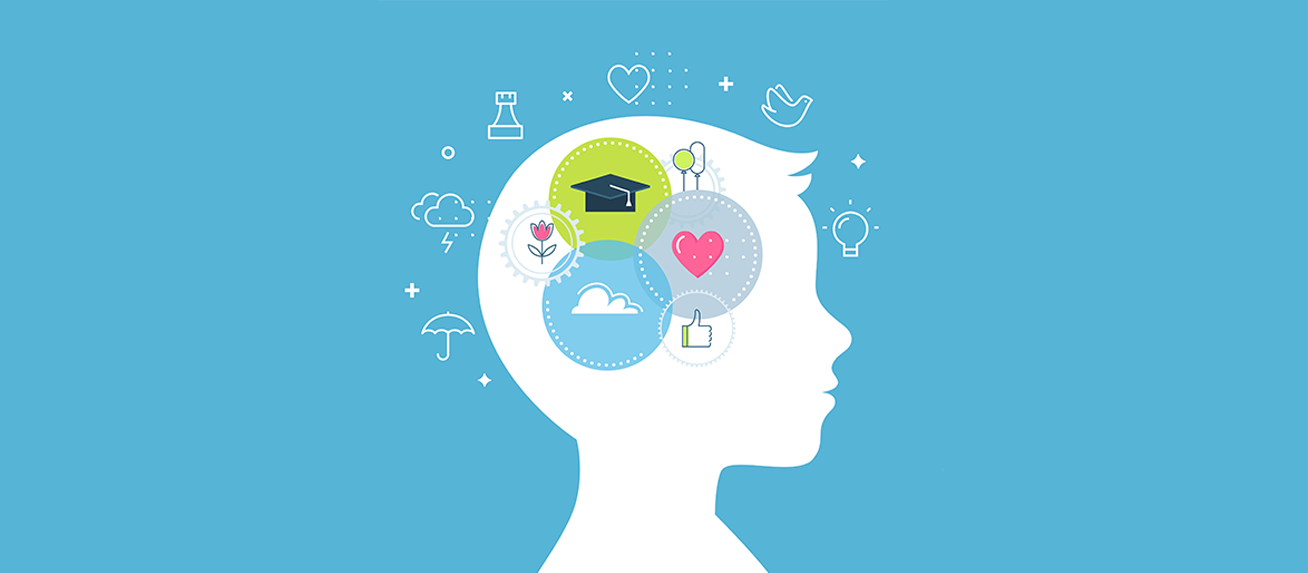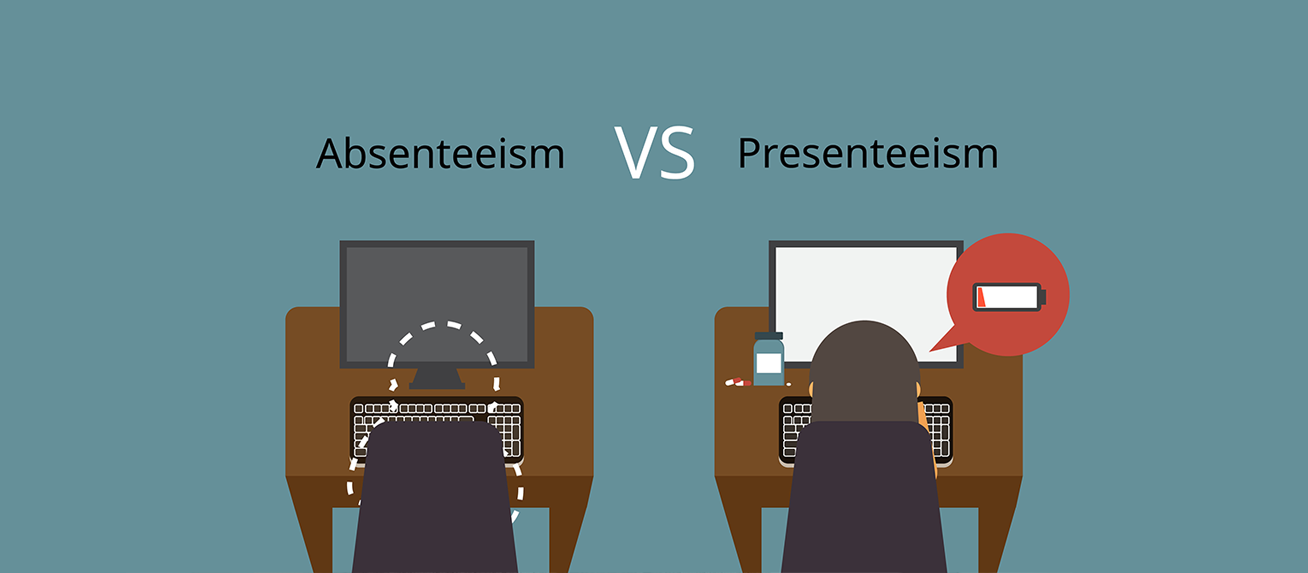Wellness tip: Embracing Connection: Why Being Social in Winter Boosts Wellbeing
Winter can tempt us into hibernation mode, less sunshine, colder days, and the pull to stay indoors.
1 min read
 Sample HubSpot User
August 12, 2025
Sample HubSpot User
August 12, 2025

Winter can tempt us into hibernation mode, less sunshine, colder days, and the pull to stay indoors.
But prioritising human connection during these months can be the difference between flourishing and sinking into the winter blues.
Social Engagement
Interacting with others, whether through coffee meet-ups, group walks, or virtual catch-ups, releases endorphins and oxytocin, chemical allies in boosting mood and reducing stress.
Keep connected
Studies show that older adults who report frequent positive social interactions perform better on cognitive tasks for up to two days afterward. For all ages, being socially active strengthens emotional resilience and guards against anxiety and depressive symptoms that winter can exaggerate.
Social connection has physical benefits, too. From bolstering the immune system to reducing inflammation and encouraging healthier habits, strong social ties correlate with better physiological outcomes across various health markers.
Even modest efforts like arranging weekly board game nights, winter walking clubs, or shared meals, can prevent isolation and build a stronger sense of belonging and purpose.

Winter can tempt us into hibernation mode, less sunshine, colder days, and the pull to stay indoors.

Presenteeism is showing up at work despite being physically unwell, mentally exhausted, or emotionally burnt out.

Breaking the cycle of conflict requires intention and three core skills: reflective listening, self-awareness, and assertive communication.